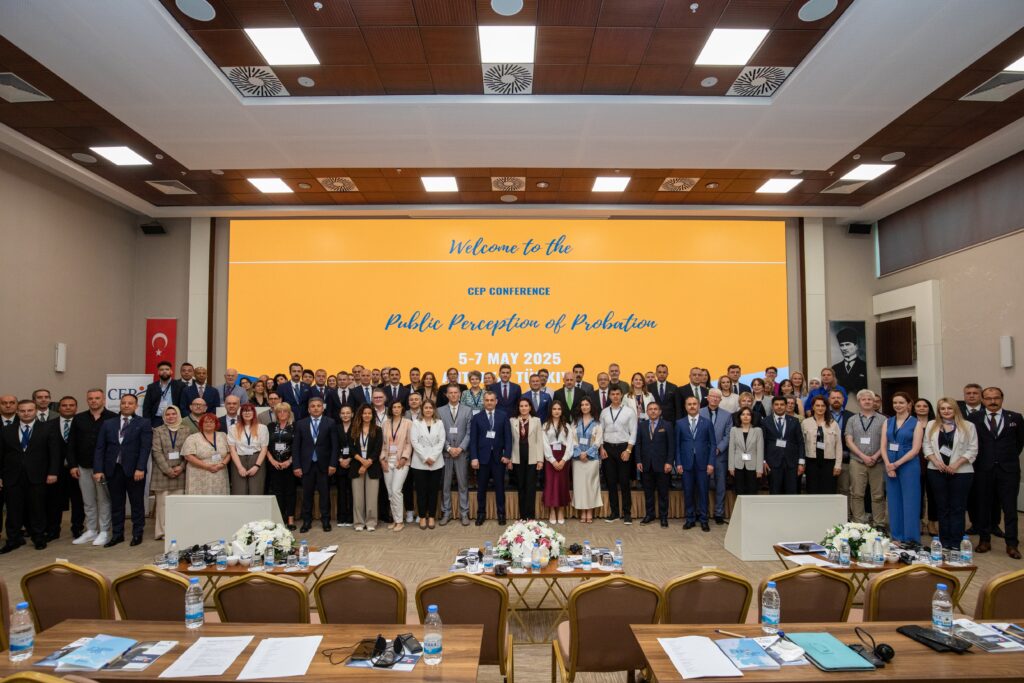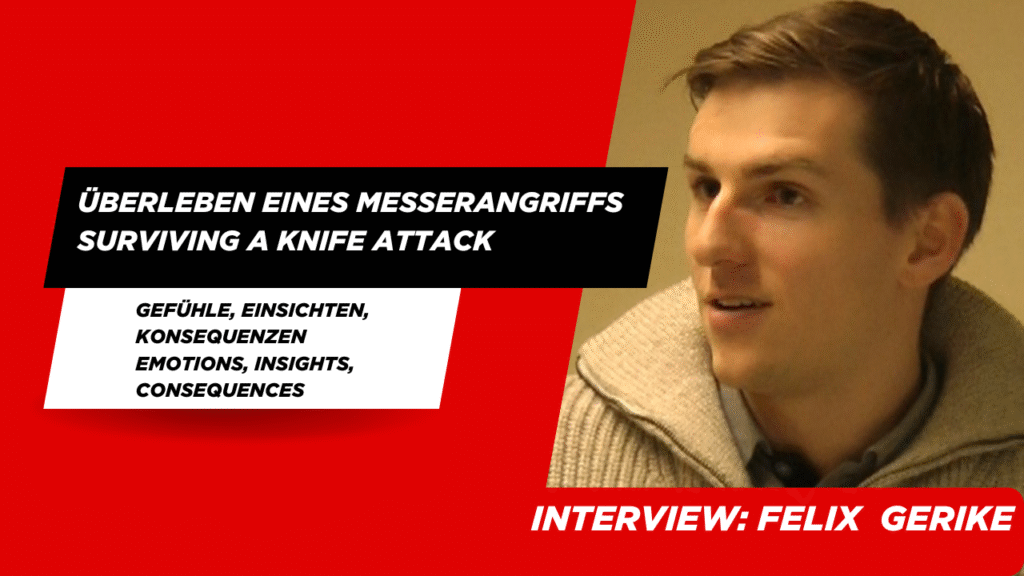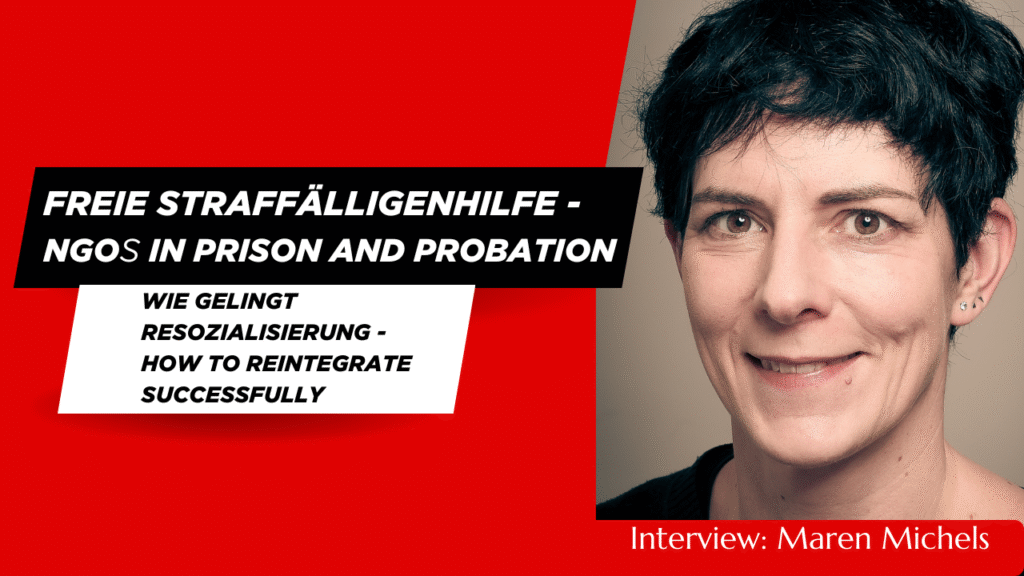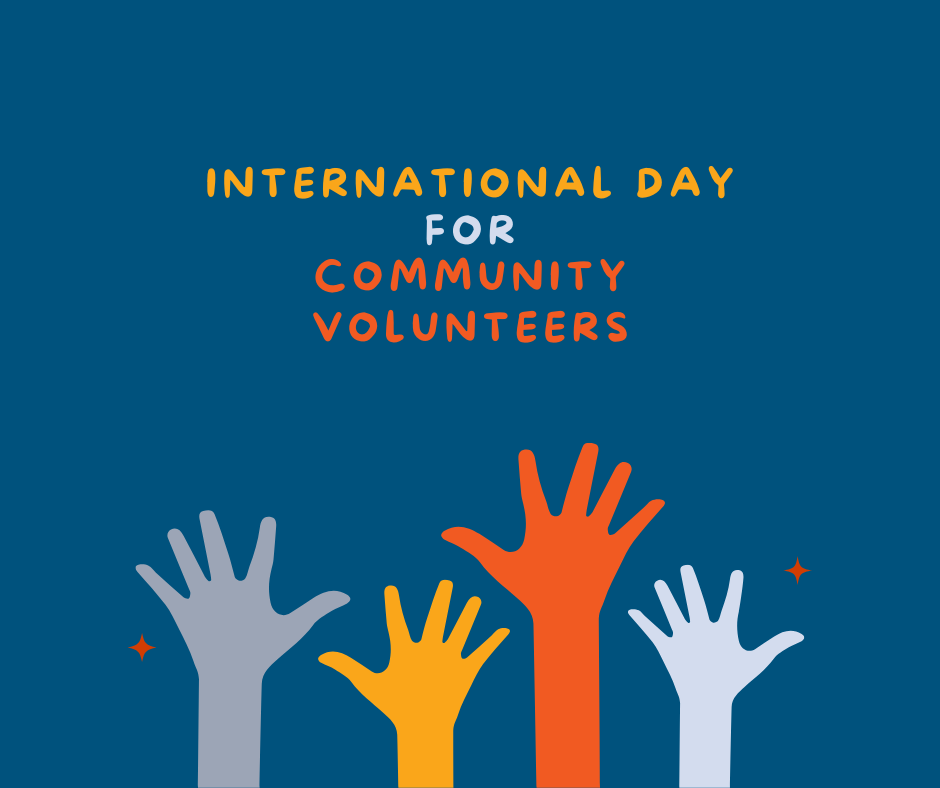Previous Article
News
A day in the life of a probation officer: Ligia Birdici
Is the day of a probation officer in Germany similar to the one of someone working in Romania? In the series ‘A day in the life of a probation officer’, we publish articles written by probation officers from different countries in Europe to see if their days look a like or are very different from each other. This article is written by Ligia Birdici, probation officer of the Arges Probation Service, Romania.
My name is Ligia Birdici. I was born and raised in a small town in Romania. In 2003, I graduated from Bucharest University, with a Social Work Diploma. In 2002, thanks to Ian Tilling, my first manager and my forever best friend, I got my first job as a social worker within a non-profit organisation for homeless people, called “Casa Ioana” or “Ioana’s House”.
As nothing lasts forever, in early 2006, I was offered the chance to live and work in the UK. I was employed by Thurrock Council and worked there for about seven years. My manager was Romanian, Adriana Cimpean. I would not be here without her.
In 2013, I became an agency social worker, working for different local authorities in London. I loved it. However, in 2016, I dared to have a good look at myself and said: “you have done it all: loved your children, cried on your desk, laughed in court, drunk coffee from the tap on Mondays and beers on Fridays. It is now time for you to return home.”.
And here I am, a probation officer in Arges Probation Service, Romania. Our manager is Octavian Pana. I feel very lucky to have him. For short, we try to change society’s perceptions of offenders and the offenders’ perception of society. I will now tell you what an ordinary Tuesday is like in our office.
The morning, when everything happens and it happens fast.
We work in the office from 8 a.m. to 4 p.m.. Theoretically, we meet our clients from 8.30 a.m. until 12.30 p.m., then focus on completing the court reports/ initial assessments and final assessments. But this is just in theory. The reality looks like this: At 7.50 a.m. there are already some people waiting in front of the office for their designated probation officer. Our offices are overcrowded, that is why we divide the work. Some of us are dealing with the clients, some are concentrating on the paperwork. All our e-mails are read after 2 p.m.. All the urgent matters are dealt with over the phone. We need to help each other and we need to help the clients.
All the daily tasks and duties are delegated by my manager (according to the skills of the workers). For instance, Simona Calota attends the multidisciplinary meetings/conditional release committees at Mioveni Penitentiary, on Tuesdays at 10 a.m. I am the one receiving many Initial Assessments or Social Enquiry Reports requested by the judge. Anda Mustata is very good at one to one social reintegration programmes. We, for example, also have an expert in group programmes and one in working with the Roma community.
The rest of the morning is dedicated to our clients. They all come in to report according to their schedule. They often share their problems with us, because they choose to and we listen. We need to help them, if our aim is to prevent re-offending in the long term. We also need to make sure that they respect the court orders. Normally, there should be three probation officers and three clients, but very often it is more than that. We have about 200 clients each. We laugh a lot and this is how we deal with the stress and strain.
The afternoon or lunch time
At 12.30 p.m. it is time for lunch, no matter what. We have a variety of choices, which makes our lunch decisions always difficult. From around 12.30 – 1.30 p.m. it is the time when we start to relax, as we have less clients. Those who turn up attend their rehabilitation programmes, individual and group ones. We are trained in a variety of programmes, such as ‘One to One’, which is obviously an individual programme based on individual needs and goals, a group programme called ‘Stop, Think and Change’, which is designated to offenders who struggle with an alcohol addiction (mostly in our neighbourhood), Anger Management and Developing Social Skills, made for people who were less fortunate than us: poor youth, domestic violence, no education, Roma communities etc.
Before the end of the day
Before the end of a busy day, which in theory finishes at 4p.m., I check my e-mails, caseload files, deadlines and I make some phone calls to the clients who have not showed up in time. Then it is time to call it a day after finishing my ‘to do list’. The reality is that, deep down in my professional heart, I love to do lists, they are the best! The time I leave the office is not always the same, it could be 4 p.m., it could be 6 p.m. or never, like on Sunday afternoon at home finishing an assessment. It does not really matter in the big scheme of things, as we all need to work hard, we all need to make a positive change so we could justify our existence. And so the week goes by.
Conclusion
I was a children’s social worker from 2002 to 2016, but I have never ever heard one single child saying that, when they grow up, they would like to become a villain, an offender, an addict. They all want to be doctors, police officers, firemen, teachers, all noble professions. So, there is hope in probation too, since once upon a time, everyone was a child.

Related News
Keep up to date with the latest developments, stories, and updates on probation from across Europe and beyond. Find relevant news and insights shaping the field today.
Recap

CEP Events, Communication and Awareness-Raising
Recap: Conference on Public Perception of Probation
06/05/2025
From 6 to 7 May, the CEP Conference on the Public Perception of Probation in Europe took place in Antalya, Türkiye, bringing together over 100 participants from more than 20 countries. The event offered space for open discussion, exchange of experiences, and practical ideas on how probation is seen and supported across Europe.
New

Probation in Europe
New Interview Online with Felix Gerike, a survivor of a knife attack
01/05/2025
What do victims of violent crime need to recover—and what can be done to prevent such attacks?
In the latest episode of Division_Y, Jo Tein, CEP board member, speaks with Felix Gerike, a survivor of the 2023 Brokstedt knife attack in Germany. Felix played a crucial role in disarming the attacker, helping to prevent further harm. He shares his personal experience, reflections on victim support, and his views on justice and policy responses to violent crime.
Probation in Europe
New Executive Summaries for the report on Building Probation Capacity in Spanish and Italian
01/05/2025
Updated

CEP Board, Probation in Europe
New Interview Online: Maren Michels – The Role of NGOs in Probation
22/04/2025
In the newest Division_Y interview, Maren Michels, director of the Hamburg Welfare Association, shares her experiences and reflects on the vital role that NGOs play in supporting people during and after incarceration.
New

CEP Events
Want to Win a CEP Award? See How Finland Did It – Apply for 2025!
22/04/2025
We’re excited to share an exclusive interview with the winners of the Development of National Probation Services Award from the CEP Awards 2022:
The Prison and Probation Service of Finland.
New

Volunteers
International Day for Community Volunteers
17/04/2025
17 April – International Day for Community Volunteers!
Today, we celebrate the inaugural International Day for Community Volunteers Supporting Offender Reintegration—a day dedicated to acknowledging the vital contributions of volunteers who assist individuals in their journey back into society.
This initiative was launched during the 2nd World Congress for Community Volunteers, held alongside the 6th World Congress on Parole and Probation in The Hague (16–18 April 2024).
At CEP, we’re proud to support the official Declaration on the International Day for Community Volunteers. We’re also actively involved in the CoPPer project—a European initiative aimed at promoting community participation in probation services. CoPPer focuses on training volunteers to support individuals under supervision, helping them access education, employment, and community connections.
A heartfelt thank you to all the community volunteers out there—your dedication makes a real difference.
Subscribe to our bi-monthly email newsletter!
"*" indicates required fields
- Keep up to date with important probation developments and insights.

